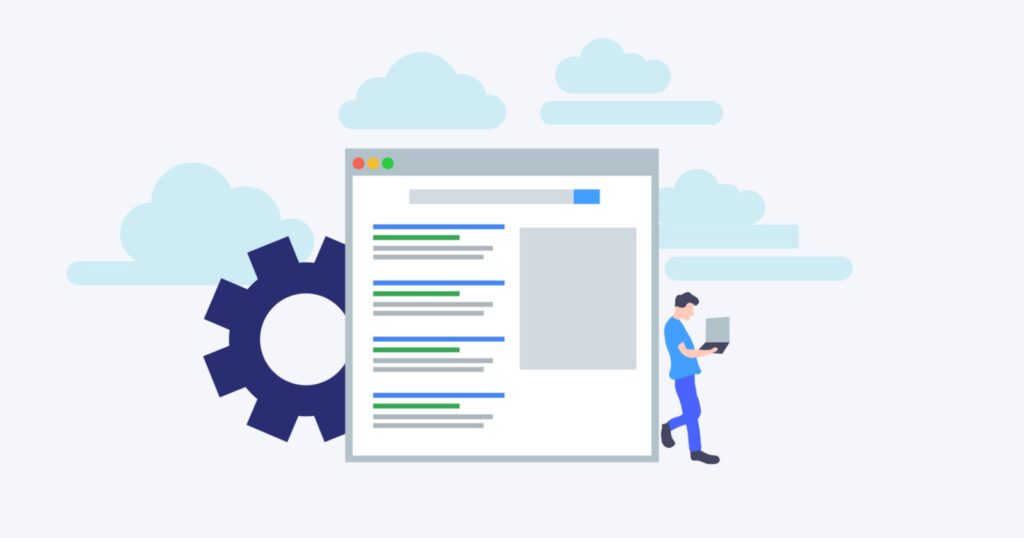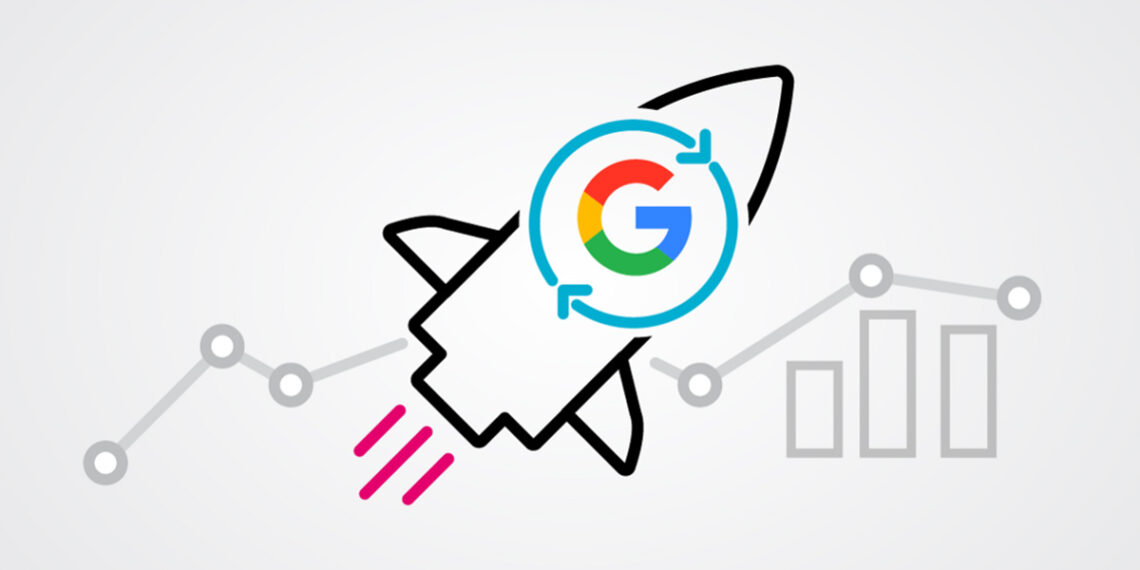How to avoid Google Algorithms: recommendations
At the beginning of the development of SEO, website publications were texts with many keywords, often randomly placed. The situation changed in 2011 with the advent of Google Algorithms. To get into the search engine’s rendition, it is necessary to ensure that the content is valuable and unique and that the website is of high technical quality. Since then, SEO optimisation has reached a new level, and copywriting has become professional.
Google’s Algorithms regularly check sites for compliance with the rules for inclusion in the search engine. Otherwise, the resource is subject to a Algorithm that limits its visibility. The search engine’s robots evaluate sites according to various criteria, thus stimulating developers and SEO specialists to improve their products on a regular basis. Updates of Algorithms and Algorithms are released quite often, but the most important remain Panda, Hummingbird and Penguin.
Panda Algorithm
This Algorithm was released in 2011. Its main purpose is to combat low-quality content. According to Google’s requirements, pages should not contain repetitions of content, and publications should be helpful to users. Otherwise, the resource will be subject to a Algorithm that can have the following manifestations:
- in a sharp decline in search engine traffic;
- high bounce rate;
- the appearance of messages in the Google Search Console about specific content problems: non-unique articles, duplicates, etc.
You can get around the restrictions imposed by the Panda Algorithm by improving your contextual content. It is necessary to check the information content of pages with a high bounce rate and to improve them. You should also avoid complicated navigation, overloading with push notifications and advertising blocks.

Penguin Algorithm
It appeared in 2016 and is currently part of Google’s monitoring algorithm. This Algorithm evaluates the site’s authority, manifested in the presence of external links to reliable sources. If the algorithm detects an inorganic increase in the reference mass, it significantly reduces the resource rating.
To avoid imposing an Algorithm or eliminating the existing one, it is necessary to check the quality of external links. It is possible to analyse them using special services that automatically search all the links on the site.
Hummingbird Algorithm
Google released this Algorithm as a modified algorithm in 2013. Hummingbird aims to analyse user queries and deliver content that is as relevant as possible. Thanks to the Algorithm, users can see content in the search engine that does not use the exact key, but these pages will be useful. Hummingbird blocks pages with low-quality content and spam without semantic load. To bypass the Algorithm, it is enough to improve the quality of publications, making them valuable and interesting for the target audience.
It’s worth noting that almost all Google Algorithms are components of actual Algorithms, of which there are many. They all help to make the search results as high quality and valuable to users as possible.




